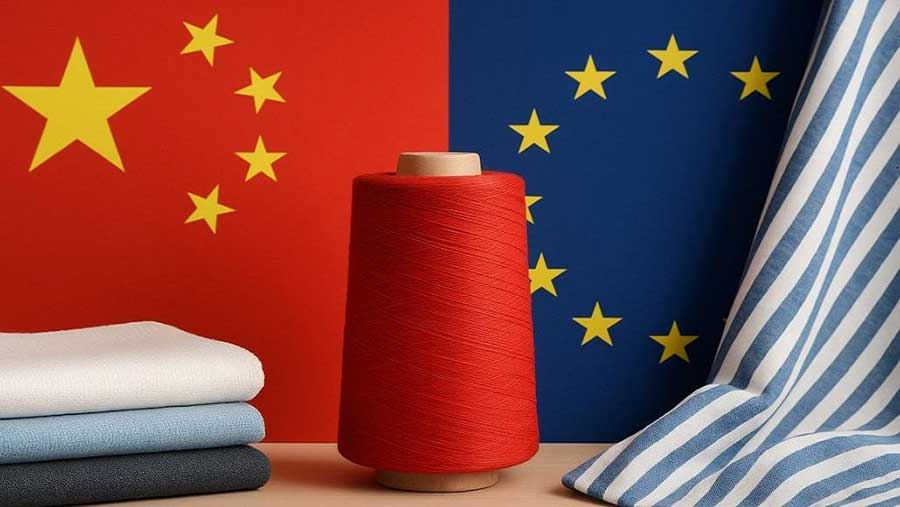The Regional Comprehensive Economic Partnership (RCEP) agreement may hurt India’s export competitiveness. The free trade agreement could lead to flooding of goods from member countries into the Indian market. India’s imports may increase during the post-RCEP period, implying a revenue loss by as much as 1.3 per cent of GDP. For India, issues of tariff rate are as important as other areas under negotiations, mainly because India does not have trade agreements with all the countries involved in RCEP. For instance, India does not have a trade agreement with China, and the negotiations with Australia and New Zealand have not come into effect. RCEP could have a negative impact on sectors like steel, pharma, e-commerce, and food processing. India is already facing challenges from Singapore, Australia and New Zealand in the agriculture and dairy sectors. On the services front, India may have to negotiate its proposals such as greater mobility for professionals through measures like visa fee waivers. India had registered a trade deficit in 2018-19 with as many as 11 RCEP member countries.
RCEP comprises 10 Asean members (Brunei, Cambodia, Indonesia, Malaysia, Myanmar, Singapore, Thailand, the Philippines, Laos and Vietnam) and their six free trade agreement partners - India, China, Japan, South Korea, Australia and New Zealand.
RCEP may hurt India’s competitiveness
- 1
- 2
- 3
- 4
- 5
- 6
- 7
- 8
- 9
- 10
When the US closed its doors, China conquered Europe’s fashion market
By 2025, the EU overtook the US as the largest destination for China’s low-value e-commerce exports, highlighting a decisive rerouting... Read more
Bharat Tex 2026: Redefining the Indian textile value chain
Scheduled to return to the iconic Bharat Mandapam in New Delhi from July 14–17, 2026, global textile extravangza, Bharat Tex... Read more
Fashion’s DTC hangover, why 2026 belongs to the hybrid retail model
By 2026, the global fashion and apparel industry has arrived at a reckoning it spent the last decade trying to... Read more
Fashion’s power pyramid is being rewritten, size no longer guarantees supremacy
In the global fashion industry of 2026, size alone no longer confers supremacy. For decades, the sector’s hierarchy was neatly... Read more
Microsoft and Varaha transform India’s cotton belt with landmark carbon deal
In a transformative move aimed at decarbonizing the global fashion supply chain, Microsoft has inked a landmark agreement with climate-tech... Read more
Transit Under Tax: Why every apparel shipment to America is now a financial gamb…
The apparel business has always thrived on rhythm. Designers forecast seasons, retailers plan months ahead, and factories lock in orders... Read more
TEEM, Tex Eco, SME Growth Fund, India’s blueprint to be a textile powerhouse
India’s textile industry long powered by cotton, fragmented supply chains, and small manufacturers running on thin margins is stepping into... Read more
From Dubai to Riyadh how the Gulf became the global luxury epicenter
The Middle East has emerged as the global centre for luxury, with the regional market valued at approximately €15.02 billion... Read more
Asia sets the pace as casual wear rewrites the global apparel playbook
The global apparel industry is no longer dressing for occasions. It is dressing for continuity. What began as a pandemic-era... Read more
Double-Edged Sword: RoDTEP slashed amidst US tariff turmoil
Indian apparel and textile exporters are grappling with a "perfect storm" this week as the central government unexpectedly halved benefits... Read more












